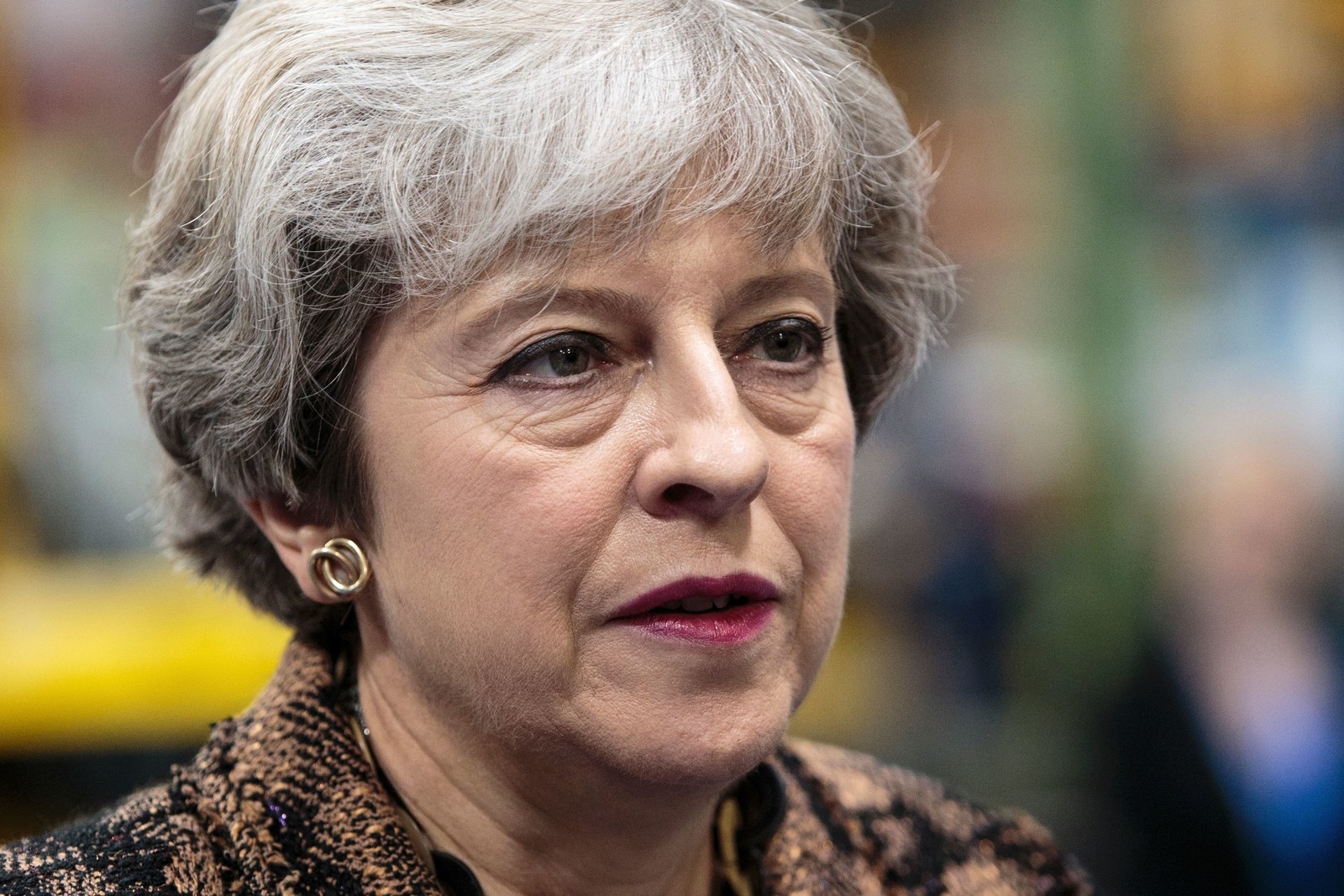
Theresa May insisted that Britain will no longer be bound by rulings of the European Court of Justice after Brexit, but a government position paper has left open the possibility of European judges still having some say over UK legal matters.
“We will be ending the jurisdiction of the European Court of Justice in the United Kingdom,” the prime minister told Sky News on Wednesday, as the government published new details on its position on legal disputes after the UK leaves the union in March 2019.
“We will be making our laws. Parliament will make our laws,” May said. “It will be British judges who will interpret those laws, and it will be the British Supreme Court that will be the ultimate arbiter of those laws.”
"When we leave the EU, we will be leaving the jurisdiction of the European Court of Justice," says Prime Minister… https://t.co/lUOruY0Lq6
However, while the European court will technically cease to become the highest authority in the UK after Brexit, the UK will still be bound by ECJ rulings for an interim transition period that could last three years.
And the ECJ could still have an indirect influence over legal disputes involving the UK after that, according to a position paper published by the Department for Exiting the European Union (DExEU) on Wednesday.
The ECJ’s oversight of British affairs is highly contentious, with many Eurosceptics considering it a “red line” in the Brexit negotiations. Part of “taking back control” from Brussels, as they see it, is ensuring that European judges no longer have a say in the UK.
During her landmark speech at Lancaster House in January where she laid out her vision for a “hard” Brexit, the prime minister said Brexit would mean British laws being made in Westminster, Edinburgh, Cardiff, and Belfast and “interpreted by judges not in Luxembourg but in courts across the country”.

Some political opponents described Wednesday’s position paper as a climbdown from this earlier position, because it said the ECJ would not have a “direct” influence after Brexit — implying that European judges will still have an indirect say over UK disputes.
Former Labour minister Lord Andrew Adonis, a Remain supporter, said: “Not much is left of David Davis’s so-called ‘red line’ of taking back control from European judges. This paper is frustratingly vague, to the point that it barely counts as a negotiating position.”
May had not qualified her previous statements by using the word "direct".
The paper said the UK will push for a “fair and neutral” new legal mechanism for resolving any disputes that arise in future between the UK and EU under whatever new economic framework is negotiated between the two sides.
The paper did not propose a specific solution, but floated the possibility of a joint committee of judges from both sides.
“It is in the interests of both parties to agree a dispute resolution mechanism,” the paper said.
There are numerous examples of agreements between the EU and countries under which the ECJ is not called upon to resolve disputes, according to the documents. It would be “exceptional” under international law for the UK to continue to accept the direct oversight of the ECJ after ceasing to be part of the union.
But the Luxembourg-based court's influence will not end entirely in practice.
Judgments of the ECJ made before Brexit that are considered binding on lower courts in the UK now will continue to have precedent, to ensure legal continuity, the government said.
And after Brexit, there will be areas in which the UK will keep its legal and regulatory frameworks close to those of the EU, to maintain security and economic stability. In those areas, the UK may not be able to diverge from case law determined by the ECJ.
Dominic Raab, the justice minister, told the BBC’s Today programme that both sides will “keep half an eye” on each other’s courts after Brexit.
In some situations, disputes involving the UK could still be referred to the ECJ for rulings on questions of European law, the position paper said.
@tnewtondunn Immense difference between a court having direct jurisdiction in the U.K. and paying regard to oversea… https://t.co/ragmNepMej
The apparent compromise reflects Britain’s desire to secure an agreement on a new economic deal with the EU, under which British businesses could still trade freely with other member states, and to avoid a sudden, damaging jolt when it leaves in 2019.
Ministers are under pressure from big businesses to maintain access to the EU single market, but that means the UK will have to make some concessions that will be deeply unpopular with some voters and Eurosceptic MPs.
Raab told the BBC it was “absolutely and wholesale wrong” to say European judges will still have influence over British affairs after Brexit, but not all Leavers will be persuaded.
READ | Theresa May lied to the British people about freeing us from the ECJ. She has sold us out to foreign judges! https://t.co/ijs0bhRZ7Q
The UK has published a series of documents in recent days laying out its thinking on aspects of the Brexit negotiations, in response to critics who claimed the government is underprepared and to convince its European counterparts that progress is being made.
